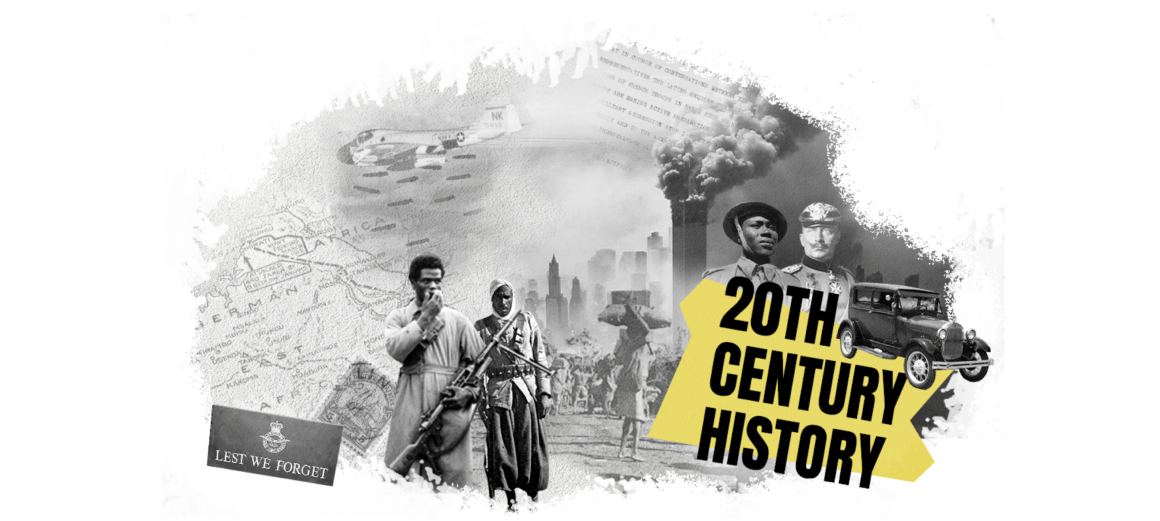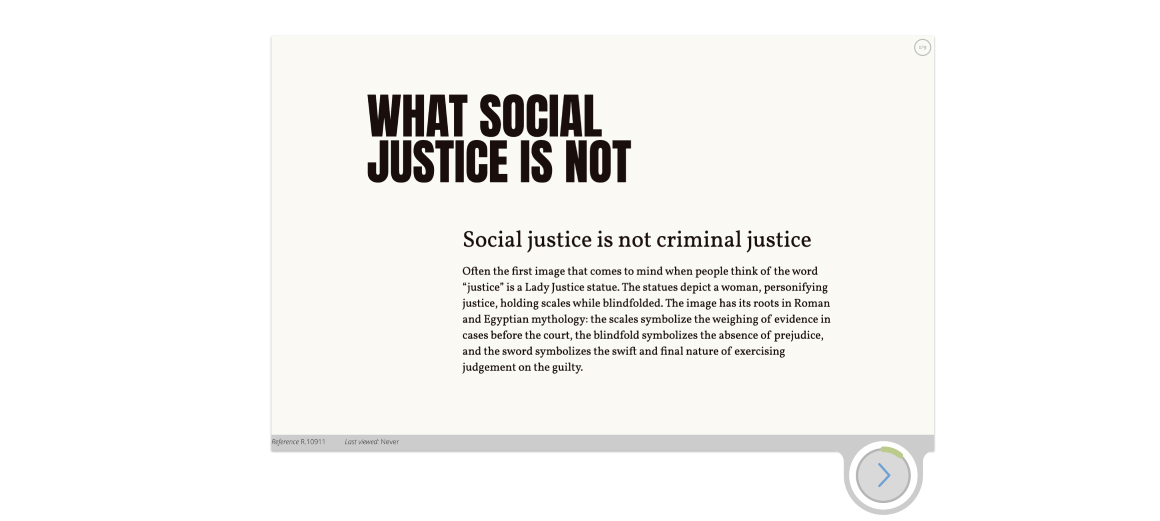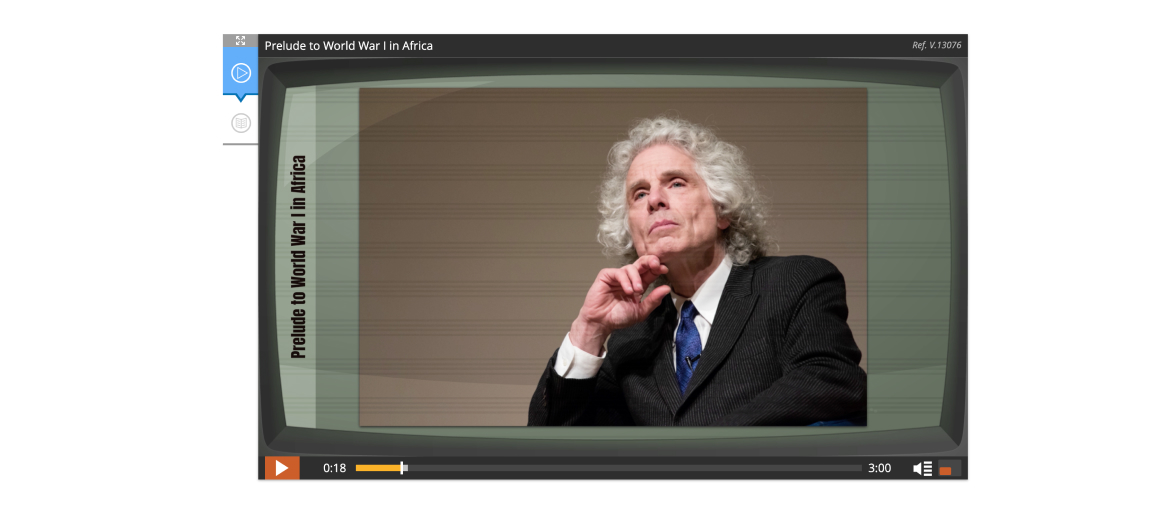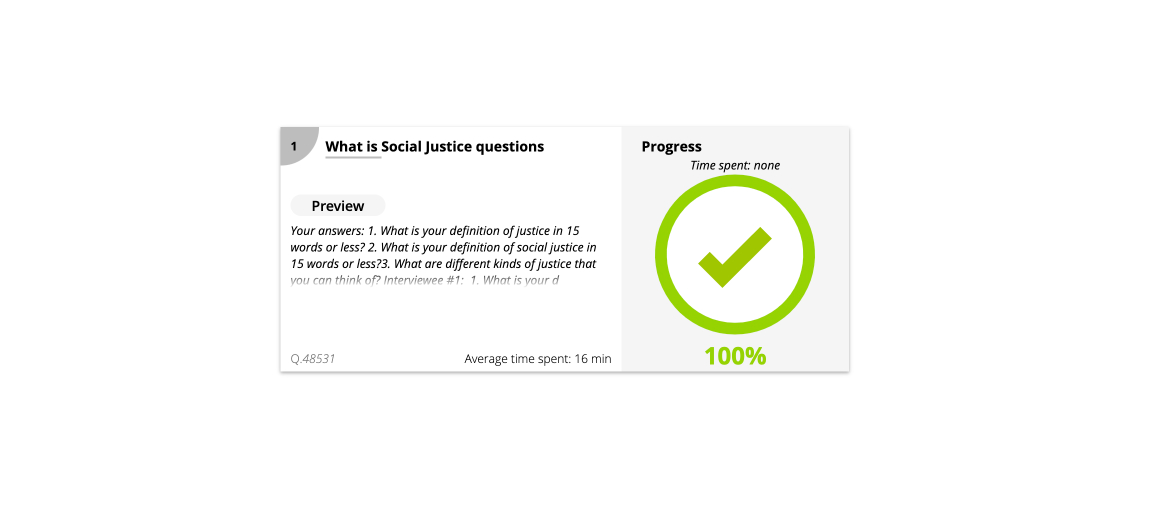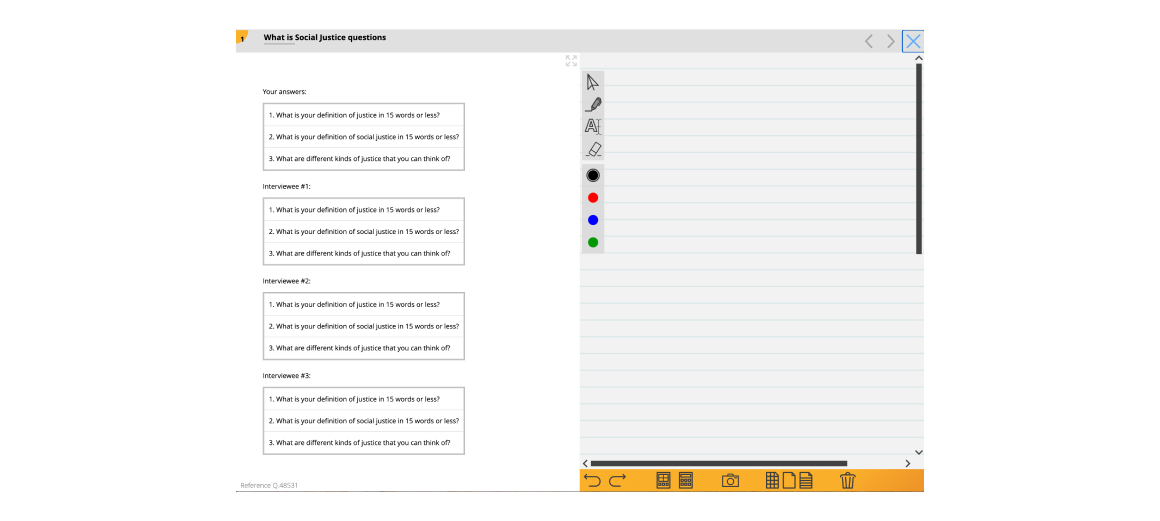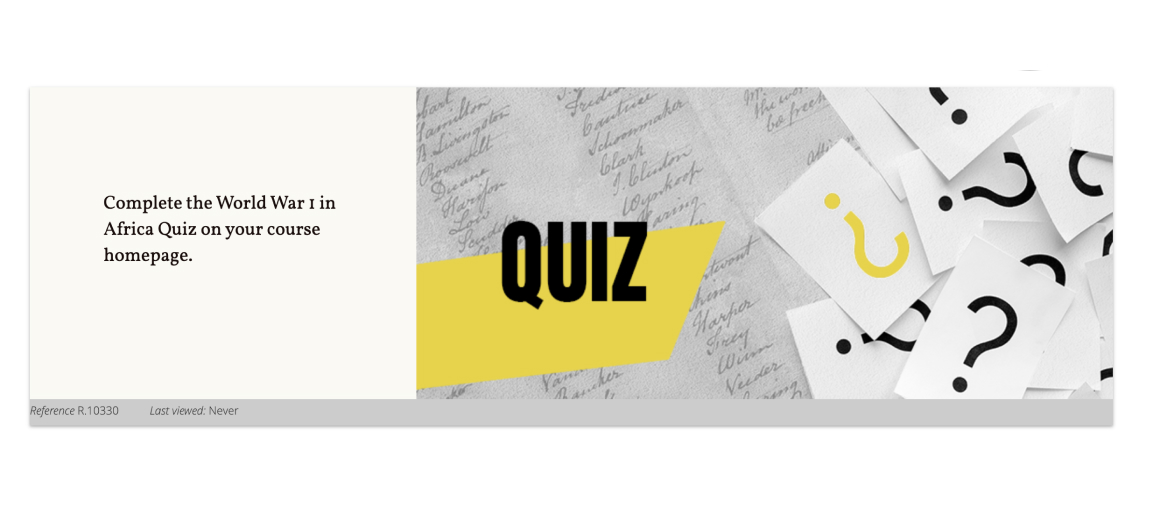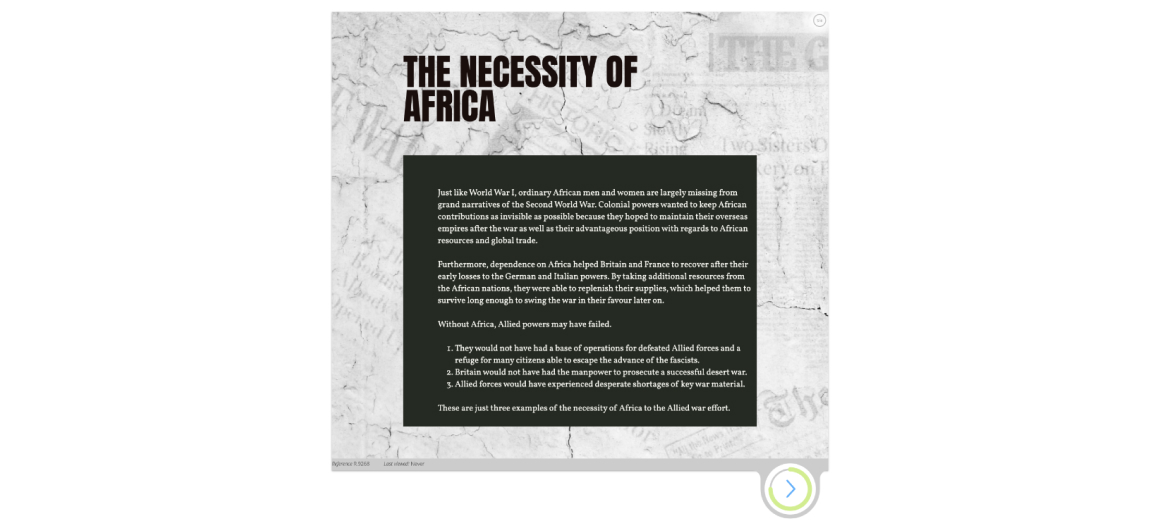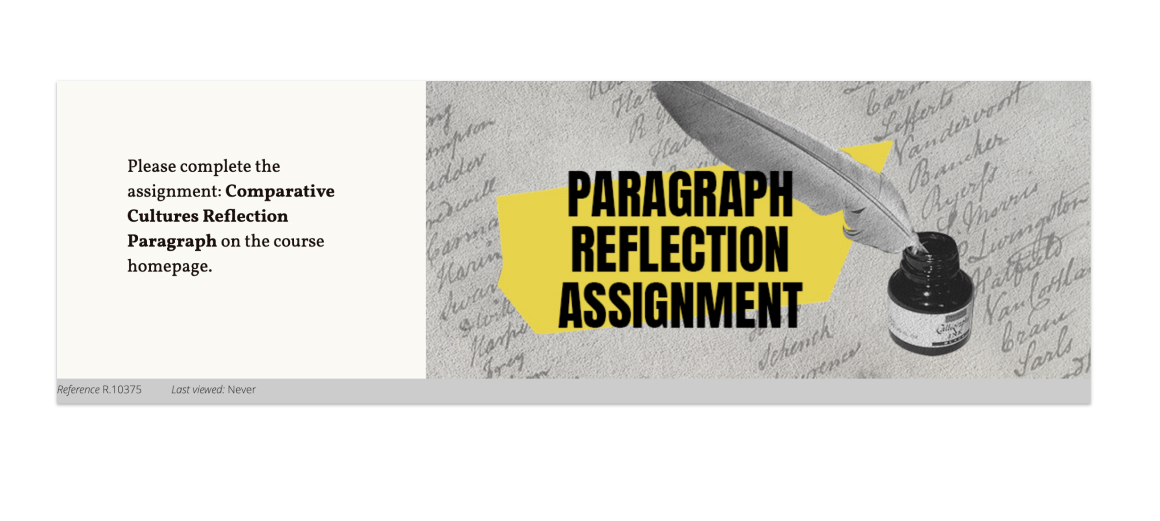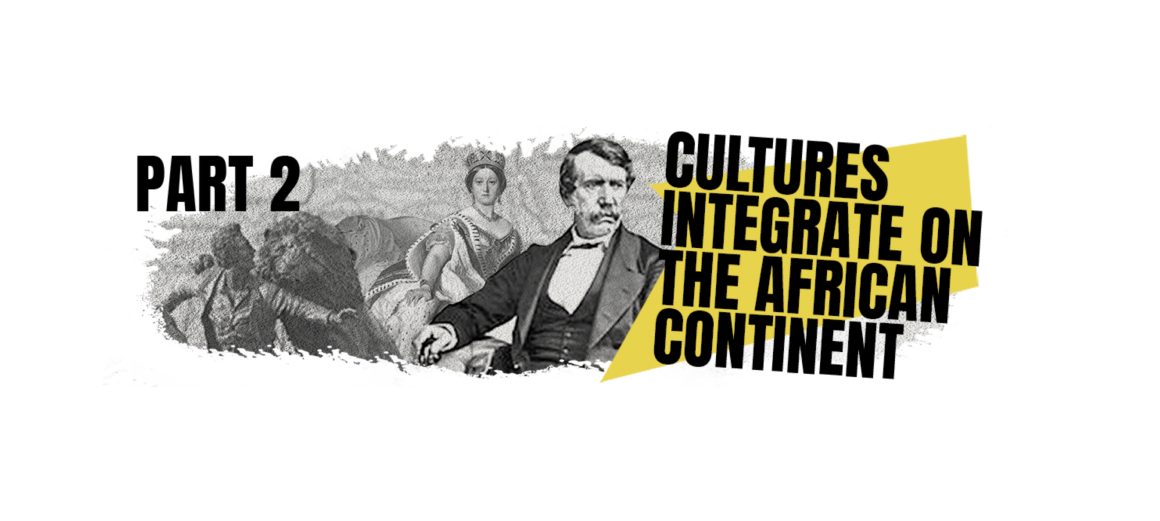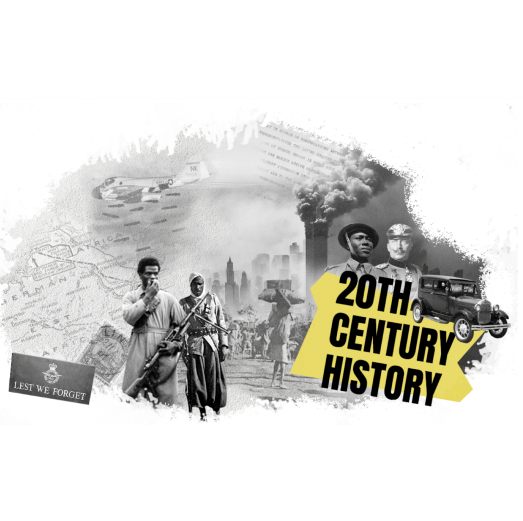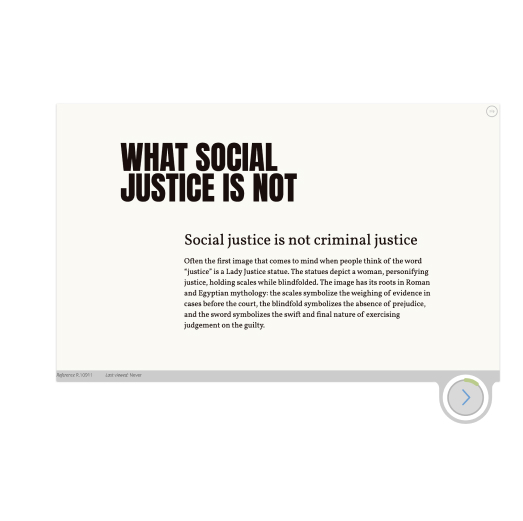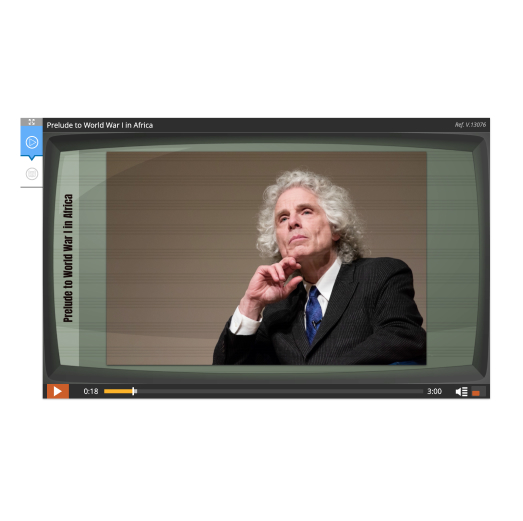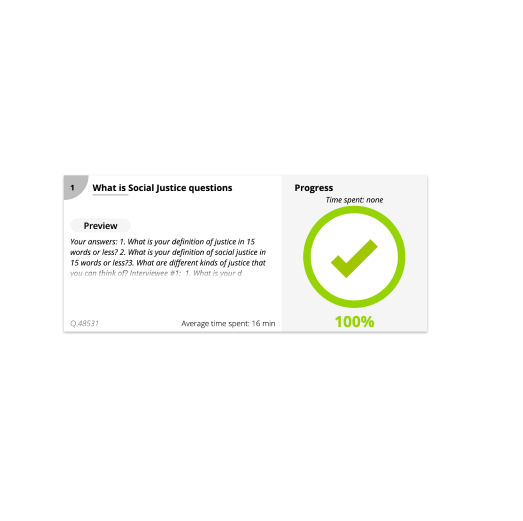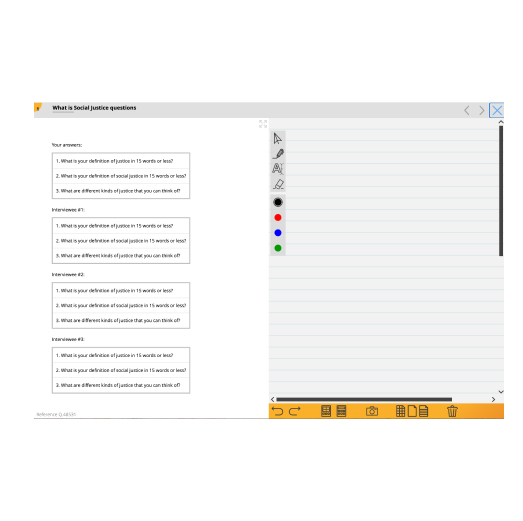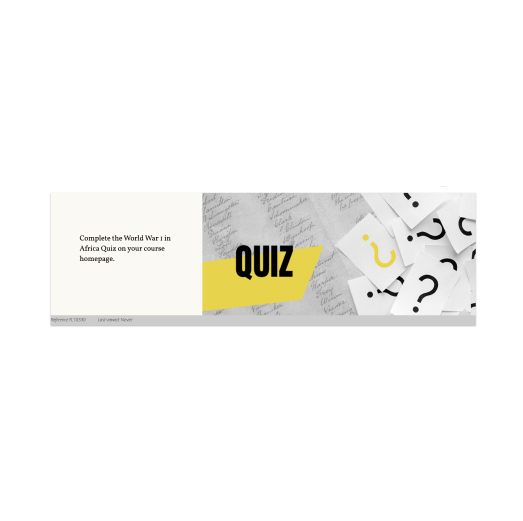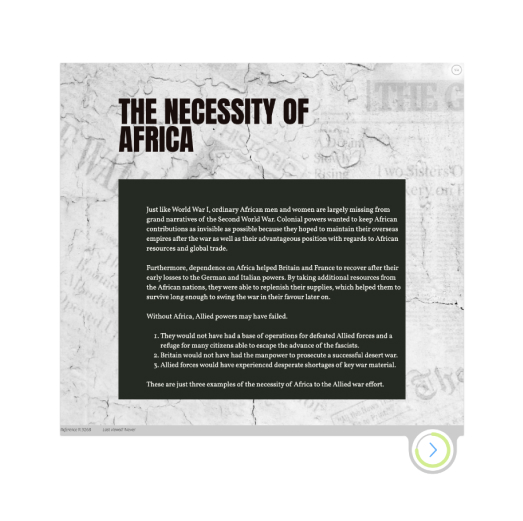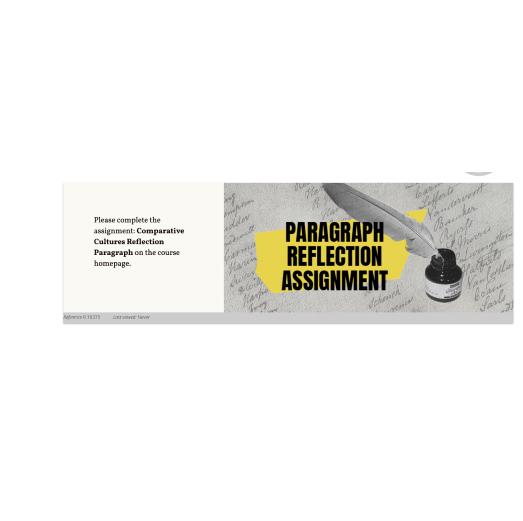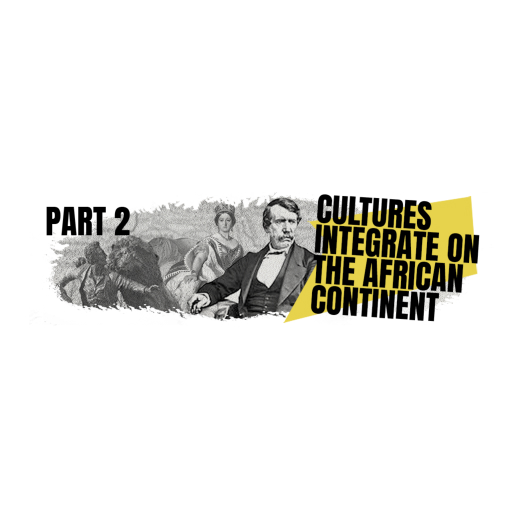Social Studies 11
Social Studies 11 is designed to give students choice in as many areas as possible.
- Students choose which units they will complete and in which order
- Students choose which assessments they want to complete for each unit
- Students choose their own topics and presentation methods for inquiry projects
This course draws the highlights of five Social Studies 12 courses: Political Studies, Genocide Studies, Social Justice, 20th Century History, and Comparative Cultures, giving students a taste of three high-quality units of their choice.
The Political Studies unit asks how political power can be used in ways that make society a better place to live. In a polarized world, this unit gives students the tools to have political conversations in meaningful and respectful ways despite differences.
The Genocide Studies unit shines a light on some of the darkest atrocities in human history, telling stories that are very hard to hear. The hope is that students will become informed about the patterns that happen in genocide so they can become part of a new generation that will say, “Never again,” and then actually make it come true.
The Social Justice unit is about making wrong things right in society so that things are the way they ought to be for every person. Students will grow in their awareness of injustices around the world, as awareness of these issues can sometimes be a first step toward systemic transformation. It seeks to empower students to enact justice in the world
The 20th Century History unit is about the power of ideas. Focusing on African, Middle Eastern, and East Asian events from the 20th Century to today, this unit gives students a chance to dig deeper than mere questions of what happened so they can understand the underlying ideas that have shaped the history of our world.
Coming Soon
The Comparative Cultures unit highlights the beautiful diversity of the human family, and wrestles with how cultural differences have historically caused some cultures to be seen as inferior. Students will learn key elements of culture, examining how these cultural practices are meaningful to the people who embrace them, with the hope that students will grow in their appreciation for and celebration of human cultural diversity.
The StudyForge Difference
StudyForge Social Studies courses focus on relationships and empathy. The ultimate goal of these courses is to engage students in such as way that they want to become people who make a positive difference in the world. Each unit is designed in such as way as to promote compassionate care and concern for others. Lessons feature highly engaging video and reading content, carefully-crafted guiding questions, and practical assignments.
Table of Contents
Lesson 2: The Social Contract
Lesson 3: The Role of Government
Lesson 4: Forms of Government
Lesson 5: The Political Spectrum
Lesson 6: Conservatism and Libertarianism
Lesson 7: Liberalism and Democratic Socialism
Lesson 8: Facism and Communism
Lesson 9: Consensus Government
Lesson 10: Canada’s Political Parties
Lesson 11: Canada’s Government Structure
Lesson 12: Indigenous Self-Government in Canada
Lesson 13: Partisanship, Polarization, and Political Conversations
Lesson 14: Free Speech and the Free Press
Lesson 15: Conspiracies and Conspiracy Theories
Lesson 16: Final Assessments
- Independent inquiry project (or)
- Exam (or)
- Field study
Lesson 2 – Raphael Lemkin
Lesson 3 – The Stages of Genocide
Lesson 4 – Who is Who in Genocide
Lesson 5 – Humanizing Genocide Victims
Lesson 6 – What is the Holocaust?
Lesson 7 – The Escalation of the Holocaust
Lesson 8 – Ghettoization
Lesson 9 – Nazi Concentration Camps
Lesson 10 – Einsatzgruppen and Death Camps
Lesson 11 – Heroes of the Holocaust
Lesson 12 – Early Indigenous Relations and The Indian Act
Lesson 13 – The Residential School Systems
Lesson 14 – Missing and Murdered Indigenous Women
Lesson 15 – Was it Genocide?
Lesson 16 – Final Assessments
- Independent inquiry project (or)
- Exam
Lesson 2: Injustices
Lesson 3: What Do You Care About?
Lesson 4: Digging for Underlying Causes
Lesson 5 – Cycles of Poverty
Lesson 6 – Who Made Your Stuff?
Lesson 7 – Income Inequality
Lesson 8 – Living on One Dollar
Lesson 9 – The Challenge of Global Aid
Lesson 10 – Convention on the Rights of the Child
Lesson 11 – When Children’s Rights Are Not Met
Lesson 12 – The United Nations Declaration of the Rights of Indigenous Peoples
Lesson 13 – Indigenous Children in Canada
Lesson 14 – Who is Working Toward Social Justice?
Lesson 15 – Final Assessments
- Independent inquiry project (or)
- Field study
Lesson 2: The World Wars and Africa: Prelude to World War 1
Lesson 3: The World Wars and Africa: World War I in Africa
Lesson 4: The World Wars and Africa: World War II
Lesson 5: Imperialism
Lesson 6: The Cold War and Asia: USSR vs. the United States
Lesson 7: The Cold War and Asia: The Korean War and Aftermath
Lesson 8: The Cold War and Asia: The Vietnam War
Lesson 9: The Cold War and Asia: The Legacy of the Vietnam War
Lesson 10: Tales of a New World Order: Introduction to the Middle East
Lesson 11: Tales of a New World Order: 9/11
Lesson 12: Tales of a New World Order: The Arab Spring
Lesson 13: Tales of a New World Order: ISIS
Lesson 14: Ideas that Shape the World Today
Lesson 15: Final Assessments
- Independent inquiry project (or)
- Exam
Coming Soon
Experience a lesson as your students would
Course Features
- Student voice and choice for units and assessments
- Focus on relationship, empathy, and compassion
- Accessible for students with diverse learning needs
- Engaging, narrative-driven videos that simplify complex events and ideas
- Games and quizzes to review vocabulary and other objective content
- Indigenous perspectives and stories are woven into the fabric of the course
